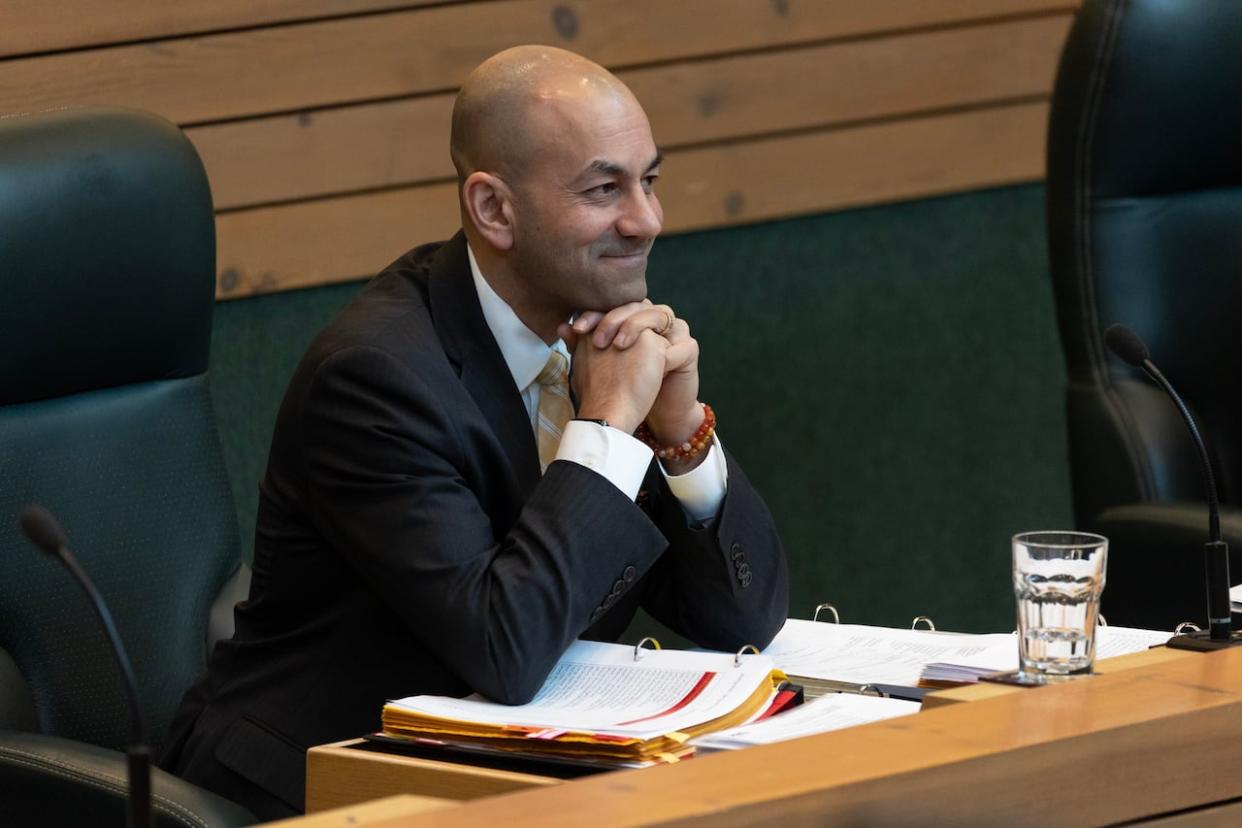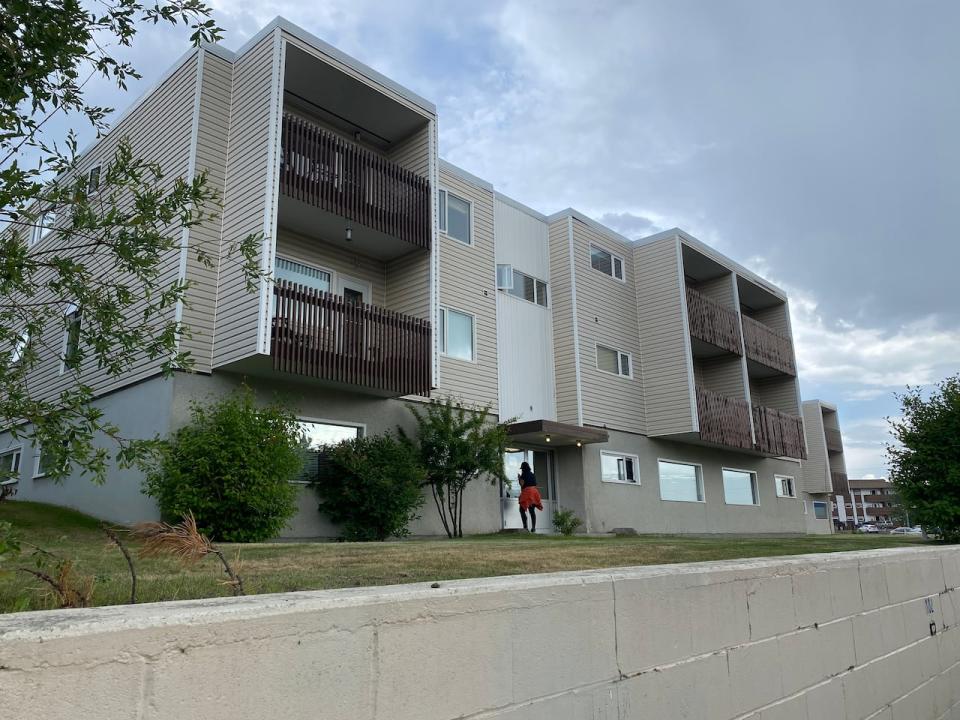Yukon gov't went ahead with landlord subsidy despite warnings from staff

Yukon Premier Ranj Pillai is defending a controversial subsidy program for landlords after CBC News revealed some civil servants warned the government against the idea.
In October, the government rolled out a one-time subsidy of $338 per rental unit. The program was aimed at helping out landlords caught between the territory's rent cap on one hand, and sky-high inflation on the other. Government economists portrayed the idea as a "nudge" to encourage landlords to keep their units on the market.
But documents obtained through an access to information request show civil servants raised red flags about the program.
"There is no evidence that the proposed amount will have a demonstrable impact on a landlord's decision of whether to continue investing in rental units," wrote Chandelle King, an analyst with the executive council office. King also wrote there was no evidence the rent cap had any relation to the low number of vacant apartments.
Staff with the Community Services department, meanwhile, worried the free money for landlords would erode trust among tenants. That's important because the department needs input from both landlords and tenants ahead of a planned overhaul of the territory's residential tenancy legislation.
"A new program might have the impact of undermining trust in the process (if not for landlords, then perhaps for tenants or other members of the public)," wrote Sarah Murray, a policy analyst with the Community Services department.
Much of more than 330 pages of government files on the program are blacked out. That includes cabinet and management board analyses that could shed light on why the government went ahead with the program anyway.

An apartment building in Whitehorse in 2022. The premier said that since the October launch of the subsidy program, the government has received more than 290 applications from landlords. (Anna Desmarais/CBC)
Pillai said the subsidy is designed to help make up the difference between the government's five-per-cent limit on rent increases and last year's inflation rate of 6.8 per cent. He said disagreements between policy analysts are a normal part of government.
"Every time something comes to the cabinet table, there is an analysis on the pros and cons of that policy decision.... So part of the process is, you want to see rigour, you want to see debate on any of these decisions," he said.
Landlords have made use of the program. Pillai said since the October launch, the government has received more than 290 applications for the subsidy, for a total of $630,000, nearly two-thirds of the amount available.
Papering over 'flawed rent control policies,' says opposition
Opposition parties — and some community advocates — blasted the program at the time. The two opposition leaders, albeit for different reasons, continue to lambaste the subsidy.
Yukon Party Leader Currie Dixon, who has said landlords should be free to hike rents as much as they want, said the Liberals are trying to fix a problem of their own making.
"It seems like Ranj Pillai is the only person in the Yukon who actually thinks that handing out cash to landlords to paper over his flawed rent control policies is a good idea," Dixon said.
NDP Leader Kate White said the documents show the Liberals throwing a sop to landlords who were unhappy that the government brought in a rent cap at the NDP's behest.
"It's baffling that they behaved in that way," White said. "The NDP forced [the Liberals] into to protecting renters with a rent cap and had to get them to prevent no-cause evictions. Having them on the other side do a landlord subsidy like they're trying to play both sides.... That is something that makes me very unhappy."


